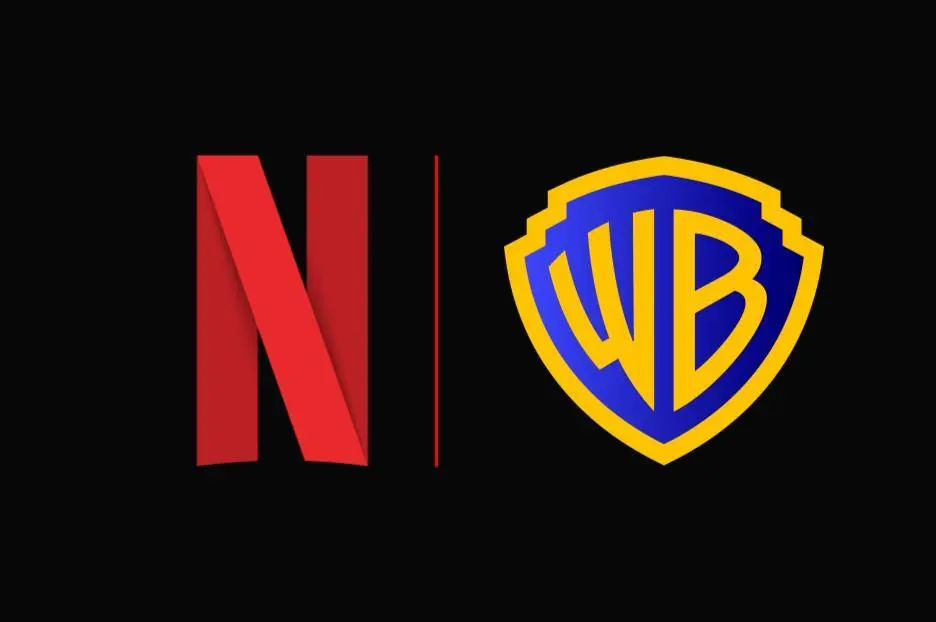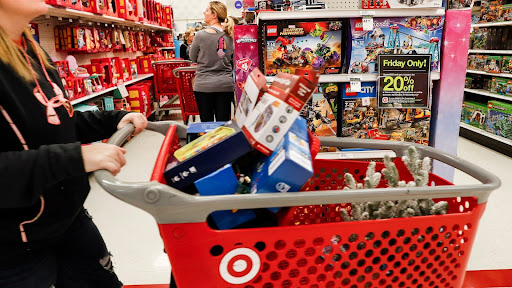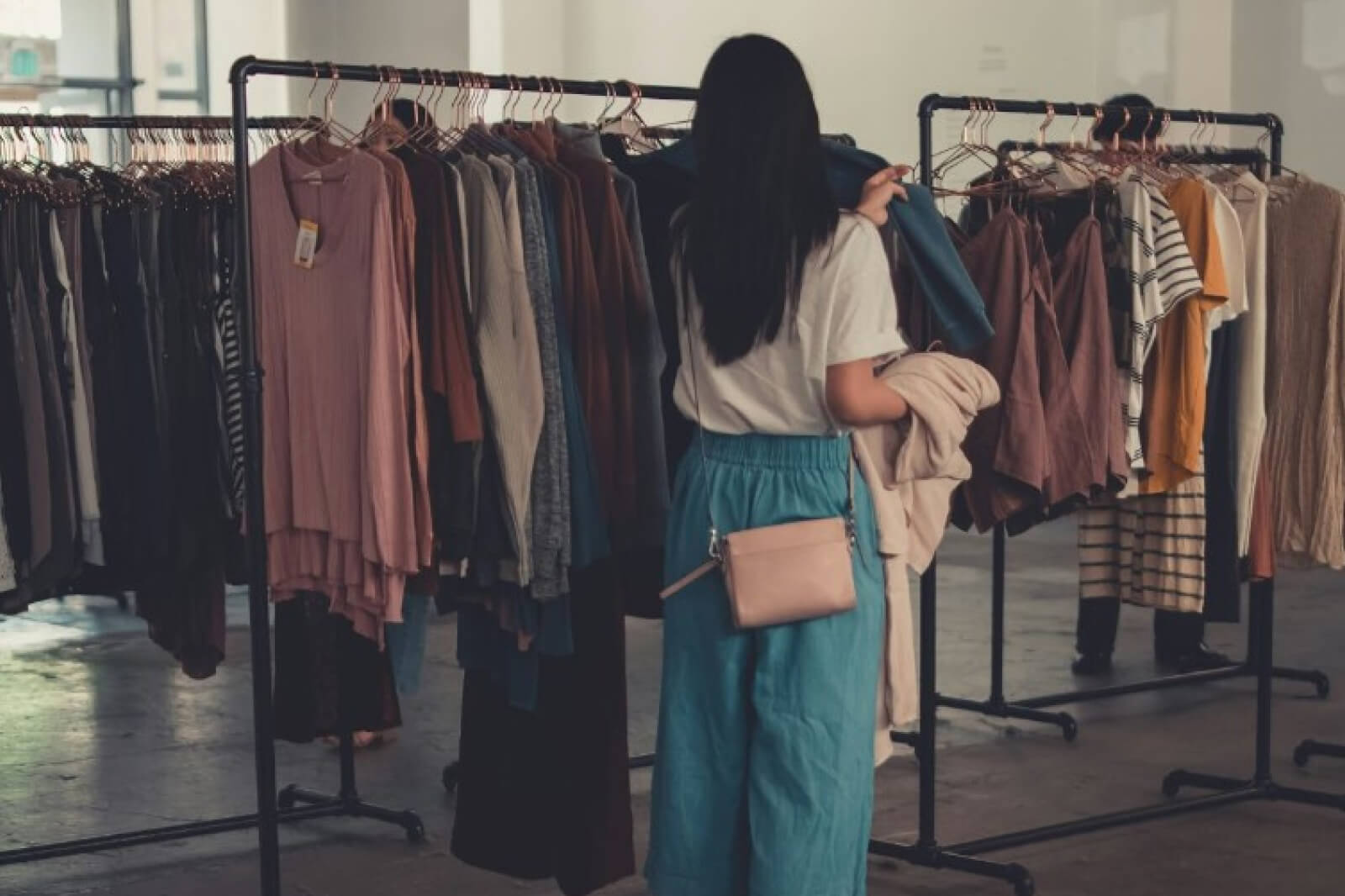How To Protect Yourself From Credit Card Theft

Dec 28 | 2024
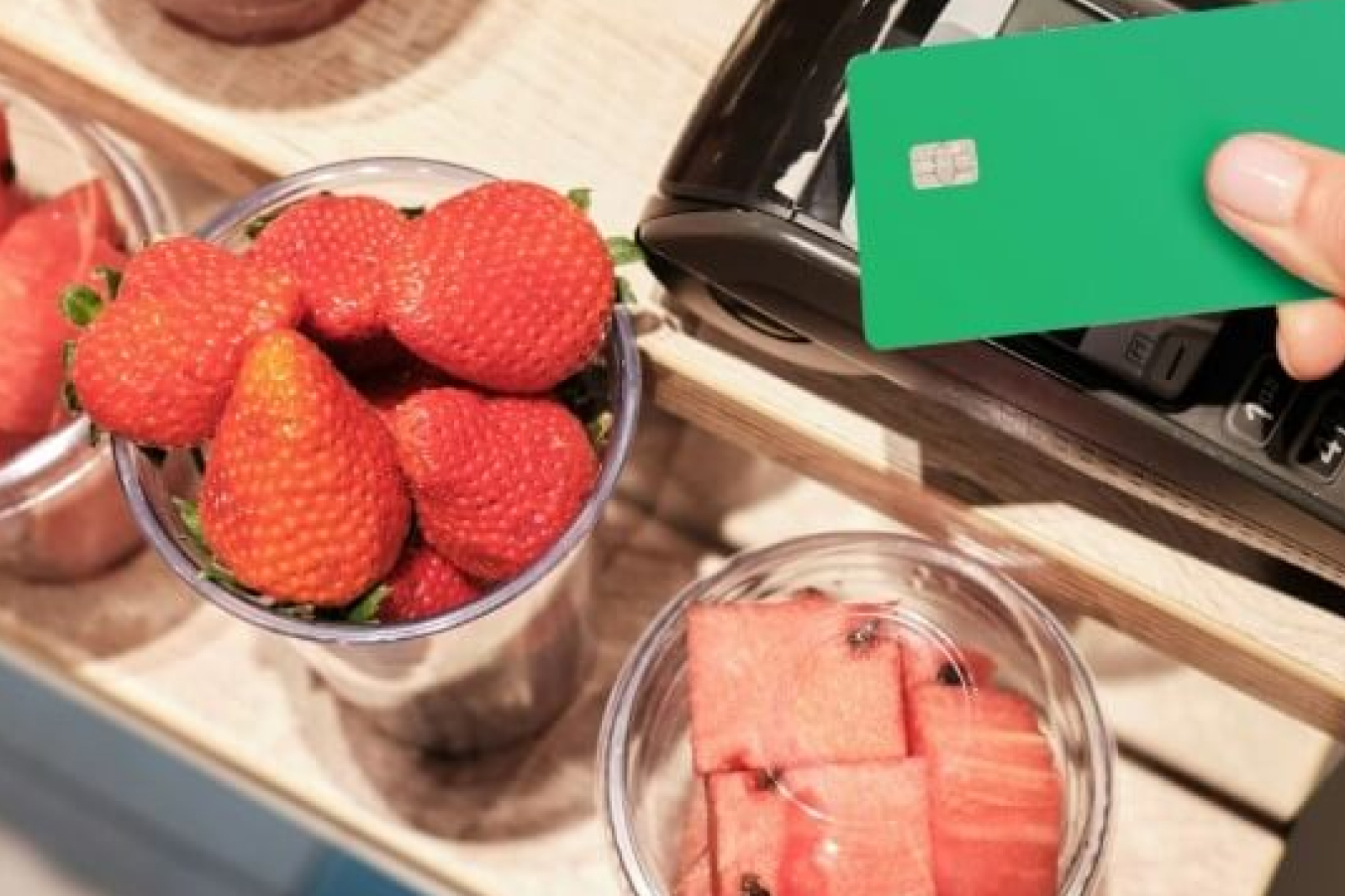
Photo Credit: Andrej Lisakov (Unsplash)
Look. I don’t know about you guys, but the phishing scams I’ve been receiving lately are utterly out of control. I can’t seem to go a whole day without getting a sketchy text from an unknown number that’s surreptitiously trying to scam me out of my hard-earned cash.
Just a couple months ago, I got an email trying to dupe me into forking over my credit card info. Earlier this year, my dad got a scam message saying he missed jury duty, and that he had to immediately provide his credit card info in order to pay a fine, so he wouldn’t be arrested. Now, my dad is usually a very intelligent guy, but even he fell for this scheme!
These phishing scams have gotten so out of hand, that I even blocked a new friend of mine who texted from an unknown number. I’m so conditioned to assume all unknown numbers are spamming attempts to steal my credit card info, that it nearly wrecked a new, real life friend!
These scams are so nasty they ruin countless lives — so how can you avoid falling victim? More importantly, how can you protect yourself from credit card theft?
Beware Of Messages From Your ‘Bank’ (That Aren’t Actually From Your Bank)

Photo Credit: Brooke Cagle (Unsplash)
You may think you’re a pro at spotting phishing scams. After all, you’ve been bombarded by them and are confident that you can recognize when to steer clear. But what if you get an email, text message, or phone call that looks like it’s coming directly from your bank rather than a random unknown number?
If you receive a message from your bank requesting you to share sensitive information, you may be more vulnerable to the scam since it’s seemingly coming from a reputable source. But according to experts, scammers have gotten so good at theft that many create fraudulent messages that seem completely authentic.
If you do receive an unexpected email from your “bank” asking for information, your best bet is to immediately contact the bank to verify so you can avoid potential theft attempts. Although it may seem like a real hassle, this extra safety precaution is well worth it.
Keep Your Physical Card In A Secure Place
Our text messages and inboxes are so rampant with phishing attempts that we must be vigilant and when we receive them instantly report and block as spam. But it’s important to stay safe offline as well.
To stay safe offline, it’s critical to keep your credit card securely with you at all times when leaving the house. Invest in a sturdy wallet or purse designed to prevent accidental losses. Even the most responsible person can misplace a credit card without a secure place to store it. Life happens, and having a reliable way to safeguard your essentials can make all the difference.
That’s why I always opt for purses with durable, crossbody straps for extra security. I prefer mini backpacks for storing my wallet — there are double the straps to hold onto, which makes me feel much more secure.
Heck, you can even go the extra measure and buy a purse designed to keep thieves at bay — Amazon sells some stylish anti-theft bags, so you don’t have to worry about someone accessing your wallet and stealing your credit/debit card info.
Try Using Apple Pay For In-Store Purchases
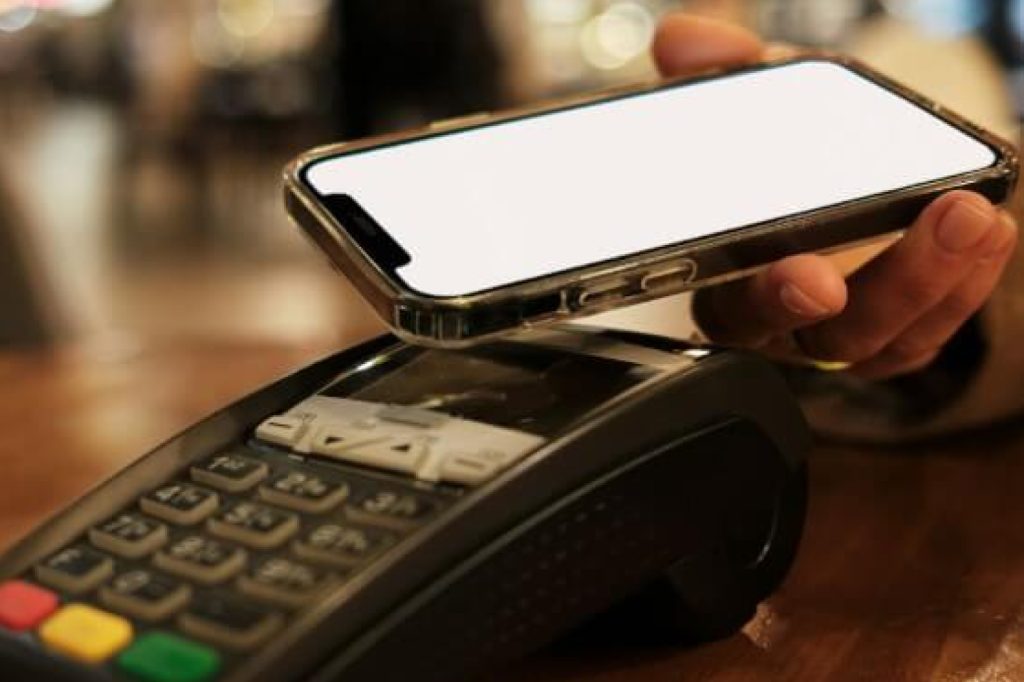
Photo Credit: Andrej Lisakov (Unsplash)
Another terrific option is to rely on Apple Pay when making in-store purchases.I recently came across a meme highlighting how out-of-date it looks to reach into your wallet and pull out a credit card instead of simply tapping your iPhone on the scanner for an in-store purchase. The meme featured a picture of Kim Kardashian dressed in pilgrim clothes, with the caption: “Me when I use my credit card instead of Apple Pay.”
And although the joke is semi-poking fun at how utterly reliant on tech we all are, it still holds true! We’re living in the modern era when it’s out with the old, in with the new. It’s such a convenient method for making payments, Apple Pay is here to stay. But one massive reason why Apple Pay is so appealing is because it doesn’t reveal sensitive information about your credit card.
Apple Pay also requires authentication — face recognition and a passcode when facial recognition doesn’t work — which foils the scammers.
For Online Purchases – Opt For PayPal

Photo Credit: Hans Isaacson (Unsplash)
Another highly effective safety practice is opting for PayPal when making online purchases instead of directly entering your credit card information. Many consider PayPal a safer option because it stores all your data in one place, eliminating the need to share your private credit card information with multiple sources.
In an era of relentless phishing scams and data breaches posing as a constant threat to our wallets, it’s super important that we stay alert when it comes to this sort of theft. While we may think we can spot a phishing attempt from a mile away, these fraudsters are getting craftier by the day. Taking these extra safety precautions and staying informed can save you a load of trouble and stress in the long run.

